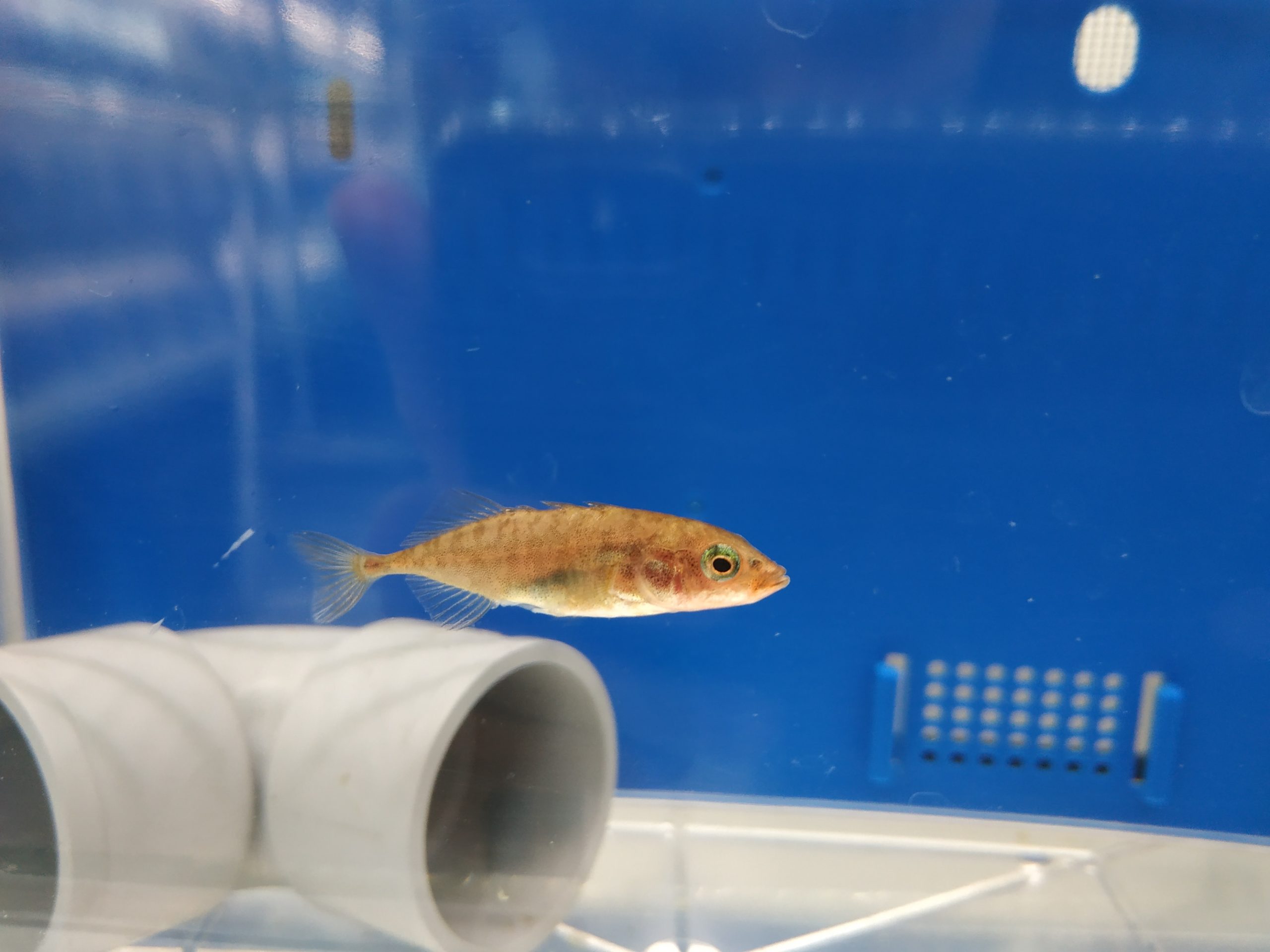Violette Chiara,
Former Fyssen 2019
& Sin-Yeon Kim
Method in Ecology and Evolution, DOI: 10.1111/2041-210X.14115nimal
Abstract
1. Computer programs for video tracking of animal movement are evolving increasingly efficient, using complex algorithms or artificial intelligence systems. Despite the consequent progress in this field, researchers still face some fundamental problems in the use of such programs. For example, the best-performing programs are often uneasy to use, and user-friendly programs require source videos recorded under strict conditions (e.g. homogenous environments, constant lighting and high resolution), which may be difficult to meet in both laboratory and field studies.
2. We present here AnimalTA, a new program that tracks and analyses animal movement in diverse environments. This program aims to be accessible to everyone, including those without knowledge of coding and image analysis. AnimalTA allows to process rapidly a high number of videos and manage multi-arena tracking. It is adapted to follow the movement of targets in variable conditions, including heterogenous and complex environments, or in low-quality videos. AnimalTA provides tools for editing videos and correcting problems caused by camera tremors, light changes or perspective deformation.
3. AnimalTA also allows the user to easily correct tracking errors and repeat the tracking in a subsample of the video. The target’s identity can be personalized to facilitate video analysis.
4. The tracking results can be analysed in AnimalTA to obtain many different variables related to the trajectory of each target, such as average speed, total distance travelled, latency to reach defined areas, distance to a defined point, distance to other individuals, number of contacts with others, explored surface, among others. Users can set and control different parameters for these analyses and directly view the results.
Keywords
behaviour, computer vision, free software, user-friendly, video tracking
- Ethology psychology
- Publication
AnimalTA: A highly flexible and easy-to- use program for tracking and analysing animal movement in different environments
